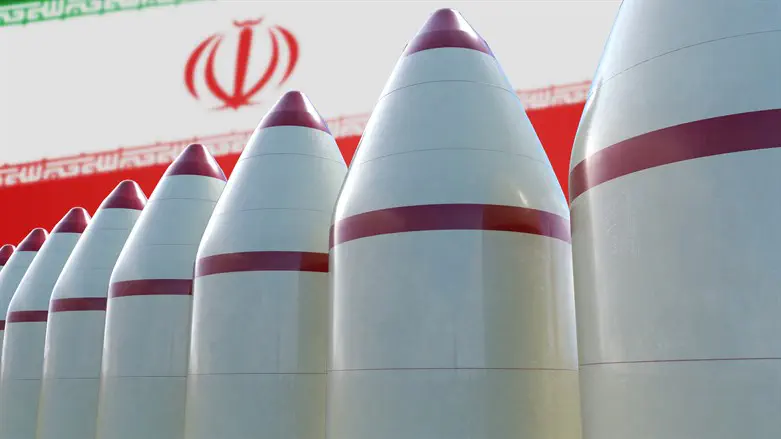
Western nations are poised to introduce a resolution at the upcoming meeting of the United Nations' nuclear watchdog, the International Atomic Energy Agency (IAEA), declaring Iran in non-compliance with its safeguards obligations for the first time in two decades, The Associated Press reported on Thursday.
This significant diplomatic maneuver unfolds as the United States seeks to negotiate a new agreement with Tehran regarding its nuclear program.
The draft resolution, spearheaded by France, the United Kingdom, and Germany (the E3), in conjunction with the United States, marks a critical juncture in international efforts to address concerns over Iran's nuclear activities. A senior Western diplomat confirmed the joint initiative on Thursday.
In Washington, the State Department acknowledged ongoing consultations with European allies. "We are coordinating with our partners on our posture for the June 9-13 IAEA Board of Governors meeting and are considering all of our options," the department stated. "We continue to have serious concerns about Iran’s nuclear program and its longstanding failure to uphold its safeguards obligations."
The initiative follows the latest IAEA report on Iran’s nuclear program, which revealed a sharp increase in Iran's stockpile of uranium enriched to 60 percent, a level significantly closer to weapons-grade material.
Iran has rejected the IAEA report, claiming it was based on “unreliable and misleading information” provided to the agency by Israel.
The resolution against Iran, reviewed by AP, explicitly states, "Iran’s many failures to uphold its obligations since 2019 to provide the Agency with full and timely cooperation regarding undeclared nuclear material and activities at multiple undeclared locations in Iran … constitutes non-compliance with its obligations under its Safeguards Agreement."
Furthermore, the draft resolution expresses that the IAEA's "inability … to provide assurance that Iran’s nuclear programme is exclusively peaceful gives rise to questions that are within the competence of the United Nations Security Council, as the organ bearing the main responsibility for the maintenance of international peace and security."
It requests IAEA Director General Rafael Grossi to "continue his efforts to implement this and previous resolutions and to report again, including any further developments on the issues."
Despite the "serious step" of the resolution, the senior Western diplomat emphasized that "western nations are 'not closing the door to diplomacy on this issue.'"
The immediate objective is for Iran to "resolve the issue," allowing a "window to finally comply and respond to all the requests that have been made over the last six years."
The draft resolution reaffirms the board of governors' "support for a diplomatic solution to the problems posed by the Iranian nuclear programme, leading to an agreement that addresses all international concerns related to Iran’s nuclear activities, encouraging all parties to constructively engage in diplomacy."
However, should Iran fail to cooperate, an extraordinary IAEA board meeting could convene this summer, potentially leading to a resolution referring the matter to the Security Council.
In response, Iranian deputy foreign minister Kazem Gharibabadi cautioned the IAEA against "politically-motivated action" by some board members, warning it could undermine cooperation.

